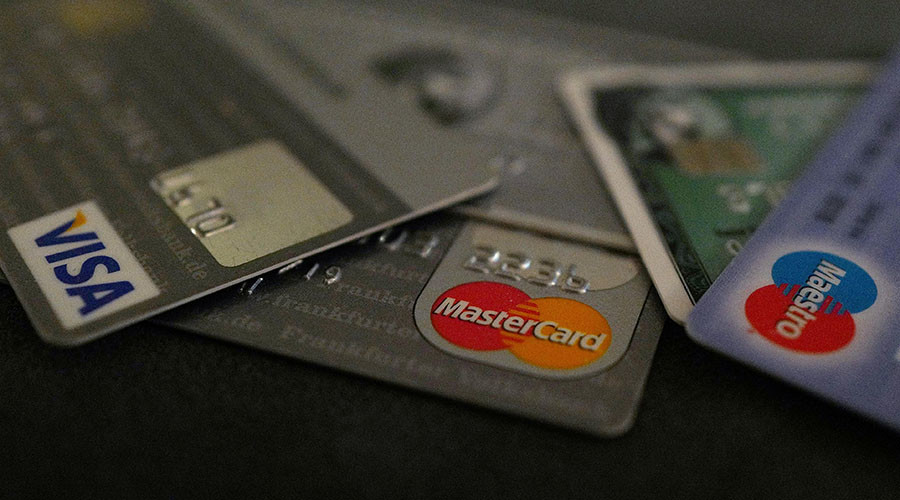-
Tips for becoming a good boxer - November 6, 2020
-
7 expert tips for making your hens night a memorable one - November 6, 2020
-
5 reasons to host your Christmas party on a cruise boat - November 6, 2020
-
What to do when you’re charged with a crime - November 6, 2020
-
Should you get one or multiple dogs? Here’s all you need to know - November 3, 2020
-
A Guide: How to Build Your Very Own Magic Mirror - February 14, 2019
-
Our Top Inspirational Baseball Stars - November 24, 2018
-
Five Tech Tools That Will Help You Turn Your Blog into a Business - November 24, 2018
-
How to Indulge on Vacation without Expanding Your Waist - November 9, 2018
-
5 Strategies for Businesses to Appeal to Today’s Increasingly Mobile-Crazed Customers - November 9, 2018
Finally, Justice for Consumers Wronged by Banks Is Within Reach
The Consumer Financial Protection Bureau (CFPB) is proposing new rules that would outlaw mandatory arbitration clauses that deny consumers their day in court by prohibiting them from engaging in class action lawsuits.
Advertisement
The proposed rule would prohibit financial services companies from including mandatory arbitration clauses that forbid class-action suits against them, and would require information to be collected on arbitration undertaken by those companies.
“There’s only one victor coming out of this rule: the plaintiff’s class-action bar”, said Alan Kaplinsky, head of the consumer finance practice at Ballard Spahr, who played a critical role in the rise of using arbitration clauses in contracts.
Generally, these clauses state that the financial institution or individual consumer can require disputes between them to be resolved via a third-party arbitrator rather than the court system, unless the dispute is a small-claims case.
It includes most core banking depository and credit products and also applies to debt relief providers, certain parties extending or providing automotive leases, and check cashing companies.
“The last time you signed a contract for a cell phone plan, a bank account, or a credit card, you probably signed away your right to go to court if that company cheated you. The CFPB’s proposal is created to protect consumers’ right to pursue justice and relief, and deter companies from violating the law”. Congress already halted arbitration agreements in the mortgage industry.
The proposed rule would empower consumers, but not everyone is pleased with it or the CFPB.
Foregoing the obvious point that there are instances where litigation is the appropriate recourse for a wronged consumer, this proposed rule change invites a broader conversation about the nature of class action lawsuits, and the benefits and drawbacks they pose to would-be classes.
As per a 2015 agency study, such clauses were used by 53% of credit-card issuers, 86% of the largest private student loan lenders, and 44% of banks taking insured deposits. “You may file a class action in court or you may be a member of a class action even if you do not file it”. The consumer watchdog bureau, in tandem with its announcement of the proposal, scheduled a field hearing for May 5 in Albuquerque, N.M., on arbitration, with remarks by Cordray and a panel discussion with industry stakeholders and consumer groups. “What most Americans don’t realize is that many of these services come with potentially harmful strings attached, which they’re forced to accept in order to pay their bills and finance their education”. But how courts will treat the enforceability of mandatory arbitration clauses (including class waivers) where the contract was executed before the effective date of the rule remains to be seen.
There is a 90-day public comment period when the proposed regulations are published in the Federal Register. “The proposal would provide the specific language that companies must use”. Also, despite claims to the contrary, consumers achieve equal or greater recoveries in arbitration compared with class actions.
Consumer advocates say that few people end up going into arbitration.
The CFPB study found that only around 2 percent of consumers with credit cards who were surveyed would consult an attorney or otherwise pursue legal action as a means of resolving a small-dollar dispute.
Advertisement
The financial industry has argued that arbitration is more efficient way for customers to resolve disputes with banks.





























